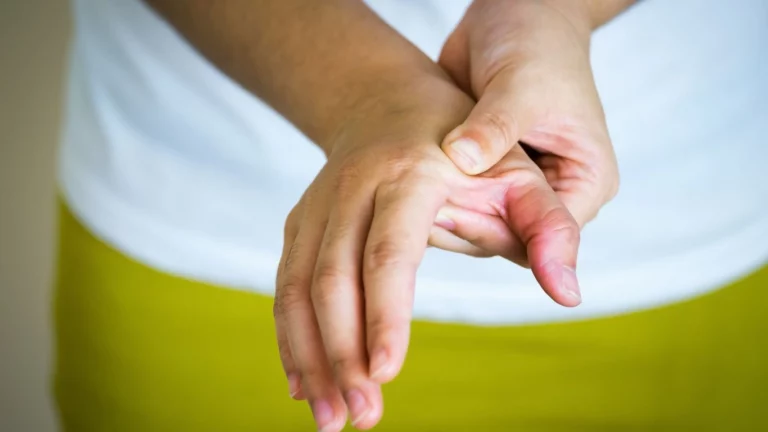The Dangerous Link Between Hypertension and High Heart Rate
If you’ve ever noticed your heart pounding a bit harder during a stressful moment, you’re not alone. As an internal medicine physician specializing in hypertension management, I’ve had countless patients ask me, “Why is my heart rate always high when my blood pressure goes up?” That connection between hypertension and high heart rate is a bit more complex than it seems on the surface—and honestly, not something to ignore. These two often go hand in hand, and understanding the link could be the key to better control, fewer meds, and a healthier heart overall.
Understanding the Basics: Blood Pressure vs. Heart Rate
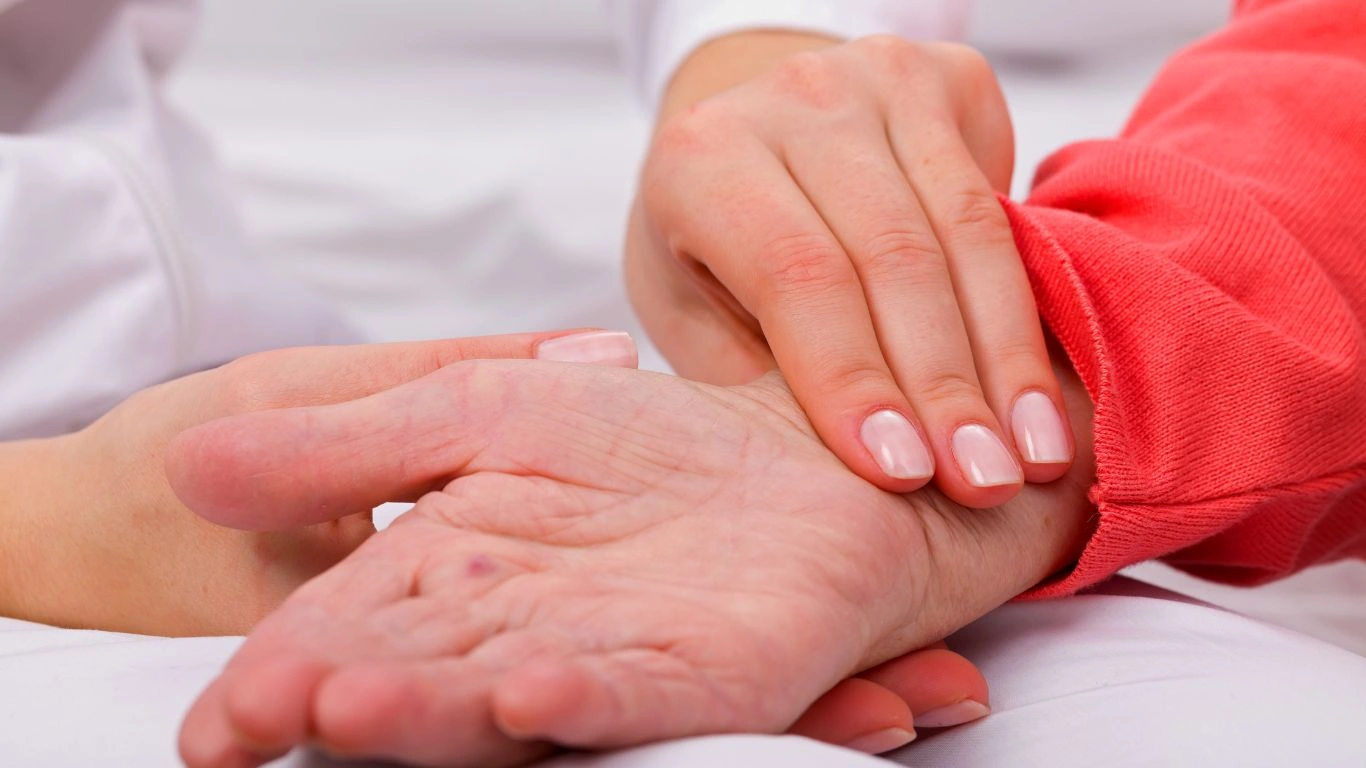
Before we get too deep into the weeds, let’s break down the basics—because trust me, I’ve seen even well-informed patients mix these up. Blood pressure is the force your blood exerts against your artery walls. Heart rate, on the other hand, is the number of times your heart beats per minute. While they’re separate measurements, they often reflect how hard your cardiovascular system is working.
Here’s where it gets tricky: a high heart rate doesn’t automatically mean you have high blood pressure, and vice versa. But when both are elevated consistently, that’s where red flags start popping up. I’ve had patients come in thinking their “anxiety spikes” were harmless, only to discover that their persistent symptoms were signs of a deeper issue brewing.
Why Do These Two Often Rise Together?
Our bodies are built to respond to stress—and I’m talking about all kinds of stress: emotional, physical, even the “just had a strong coffee” kind. When stress hits, your sympathetic nervous system kicks in. This system releases adrenaline, which speeds up your heart rate and can temporarily raise your blood pressure. It’s totally normal—for a while.
But if that state becomes your norm? That’s when we start looking at a chronic pattern of elevated heart rate and hypertension, and that’s where long-term damage starts sneaking in. I’ve seen marathon runners with rock-solid cardiovascular health… and office workers with racing pulses just from reading emails. It’s not about how fit you are—it’s about how your body handles the constant internal noise.
The Hypertension and High Heart Rate Connection: What’s Really Happening?
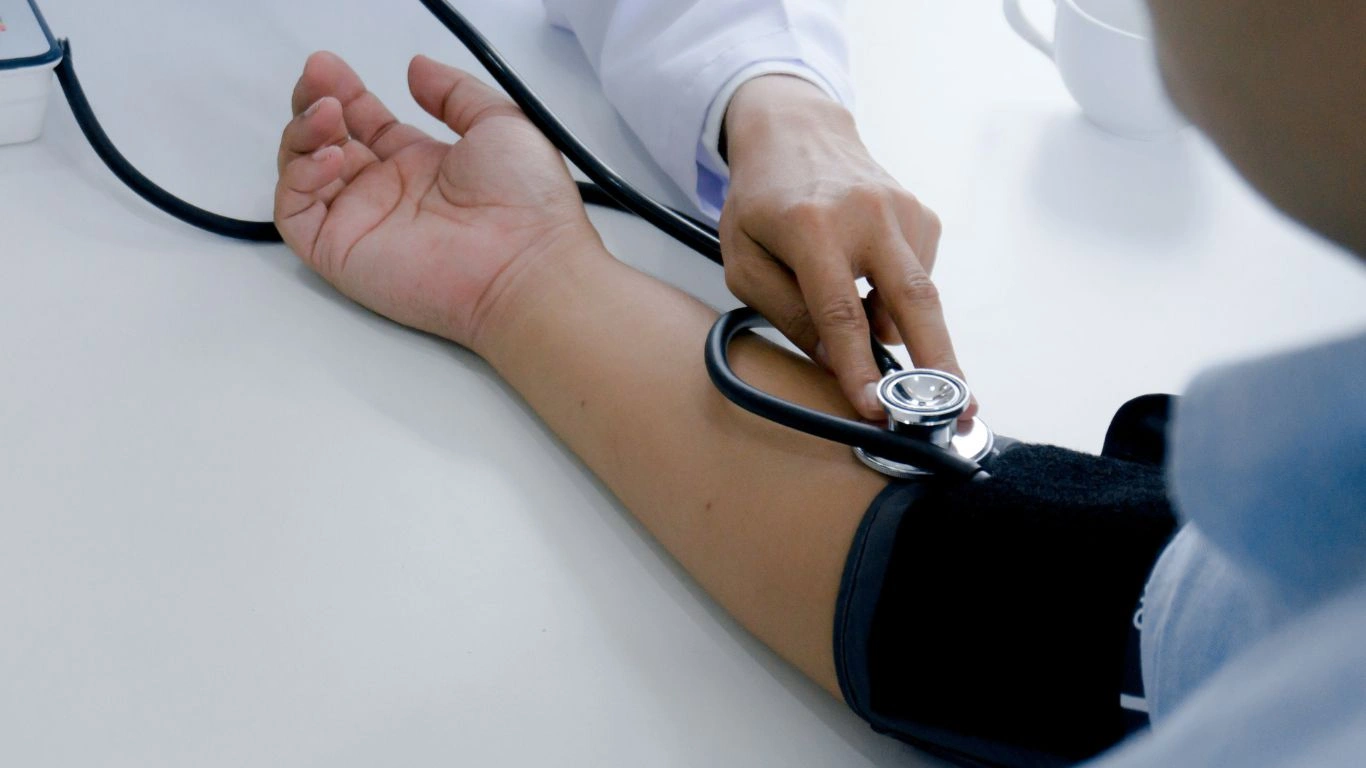
When your blood pressure is consistently elevated, your heart works harder to push blood through narrowed arteries. Over time, this extra workload can lead to an elevated resting heart rate. It’s a vicious cycle—high BP stresses the heart, and in turn, the heart speeds up to compensate.
In clinical practice, I often see this pattern in people with untreated or poorly controlled hypertension. Their heart rate isn’t just reacting to physical activity or emotional stress; it’s reacting to the constant strain placed on the cardiovascular system. And unfortunately, many people don’t feel the symptoms until damage is already underway.
When Should You Worry?
Alright, so your blood pressure’s creeping up, and your heart’s doing a bit of a drum solo more often than you’d like. Should you panic? Not necessarily—but you should absolutely take action. Here are a few signs it’s time to talk to a doc (like me):
- Resting heart rate consistently above 100 bpm
- Frequent episodes of dizziness or palpitations
- Morning headaches or blurred vision
- Shortness of breath with minimal exertion
- Chest discomfort—even if it seems minor
Quick side note: I once had a patient who thought her “hot flashes” were just hormonal. Turned out, it was her BP spiking, and her heart rate tagging along for the ride. A few lifestyle tweaks and some mild medication later, she was symptom-free—and way more energetic. Moral of the story? Don’t brush off the signs.
Triggers That Amp Up Both Blood Pressure and Heart Rate
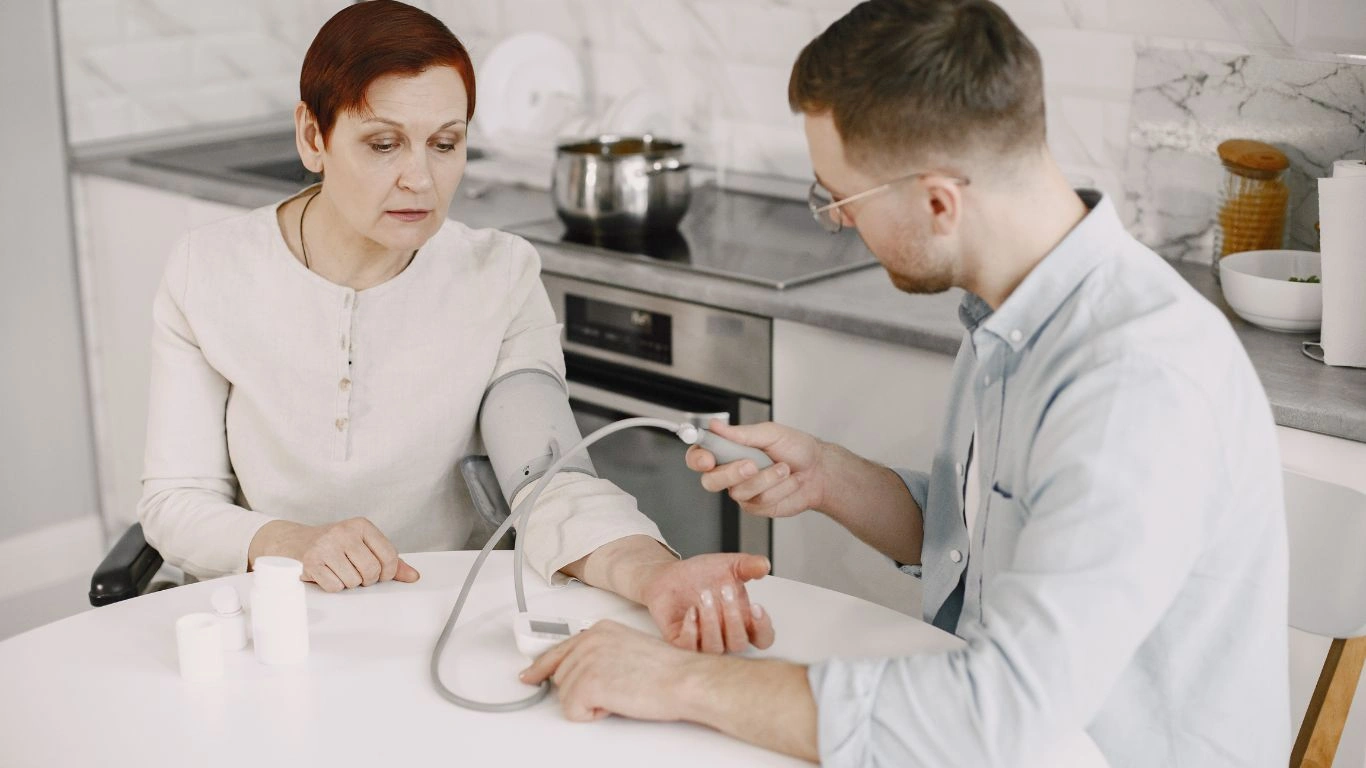
If you’re wondering what fuels this dynamic duo of elevated numbers, let me share some common culprits I see in my practice:
- Chronic Stress: Job, family, life—yep, they all pile up. Constant stress keeps your nervous system in overdrive.
- Excessive Caffeine or Stimulants: Energy drinks might give you wings, but they’re also giving your heart and BP a kick.
- Poor Sleep: I can’t emphasize this enough. Sleep deprivation wrecks your autonomic balance.
- Obstructive Sleep Apnea: This one’s a hidden villain. So many undiagnosed cases out there causing night-time BP and HR spikes.
- Medications: Decongestants, certain antidepressants, and even some herbal supplements can play a role.
These aren’t rare cases—I see them every week. What I always tell patients is, “You don’t have to wait for a crisis to make a change.” Trust me, the sooner you start noticing the patterns, the better your chances of breaking the cycle.
How Your Body Compensates—and When It Backfires

One thing I’ve noticed over the years is how resilient the human body really is. It tries to balance things out—until it can’t anymore. When blood pressure stays elevated, the heart compensates by pumping faster and harder to make sure oxygen gets delivered where it’s needed. Sounds heroic, right? Well, not quite.
This ongoing overdrive eventually exhausts the system. I like to think of it like a car engine running in sport mode 24/7. It might feel powerful at first, but over time, the wear and tear adds up. You start seeing issues like left ventricular hypertrophy (a thickened heart wall), which reduces how efficiently your heart can fill and pump. It’s subtle at first, but clinically, it shows up as fatigue, breathlessness, and—you guessed it—an even higher resting heart rate.
One of my patients, a busy real estate agent in her late 40s, had no idea her daily palpitations were part of a bigger picture. She thought it was just anxiety and too much coffee. Her echocardiogram told another story—her heart had been working overtime due to undiagnosed hypertension, and her elevated heart rate wasn’t just “nerves.”
How Do We Actually Measure and Monitor This?
Let’s talk real-world tools for a second. I’m a big fan of empowering patients to be their own health detectives. We’re lucky to live in a time where you don’t need to wait for a clinic visit to track your vitals.
- Home BP Monitors: Get one with a cuff that fits well and stores readings. Avoid wrist monitors—they’re notoriously unreliable.
- Wearables: Smartwatches and fitness trackers are incredibly helpful for tracking trends in heart rate.
- BP + HR Journals: Old school? Maybe. Effective? Definitely. Write down your readings, time of day, symptoms, and what you were doing. Patterns pop out fast.
If you notice your heart rate consistently staying high when your blood pressure spikes, jot it down and bring that data to your appointment. That kind of real-world info often tells me more than a one-time reading in the office ever could.
Lifestyle Tweaks That Work (Really)
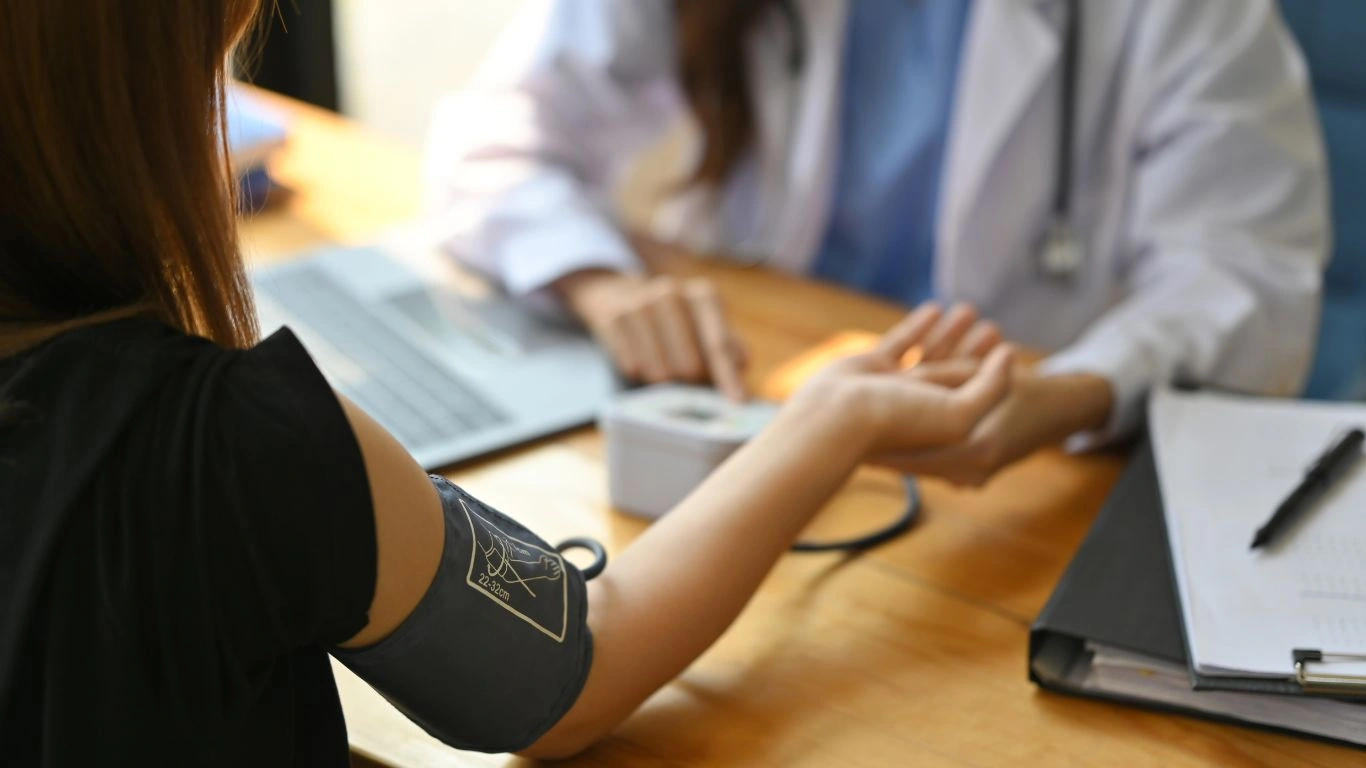
Now, here’s where I roll up my sleeves and start talking about the good stuff—how to actually manage the hypertension and high heart rate connection without always jumping straight to pills. Don’t get me wrong, medications are often necessary (and I prescribe them regularly), but lifestyle is where real, lasting change happens.
1. Prioritize Restorative Sleep
Seriously, I can’t overstate this. Poor sleep hygiene wrecks cardiovascular balance. We’re talking increased cortisol, elevated blood pressure, erratic heart rate—the whole mess. I usually recommend aiming for 7-9 hours, keeping a consistent sleep schedule, and limiting screen time an hour before bed. If you snore or wake up gasping, get tested for sleep apnea. It’s way more common than people think.
2. Cut Back on Hidden Stimulants
It’s not just coffee. I’ve seen folks unknowingly sabotaging themselves with energy drinks, certain weight loss supplements, or even excessive green tea. Some over-the-counter cold meds are loaded with stimulants too. Always check the label, and if your heart’s racing after you take something—don’t ignore it.
3. Rethink Your Stress Strategy
We all have stress—life doesn’t stop. But how you handle it matters. I personally lean on breathwork, daily walks (yes, even during lunch breaks), and teaching patients box breathing or guided meditation. Small, simple changes make a real difference over time. I’ve had patients lower their resting heart rate by 10 bpm just from regular mindfulness practice. No joke.
Medical Management: When Lifestyle Isn’t Enough
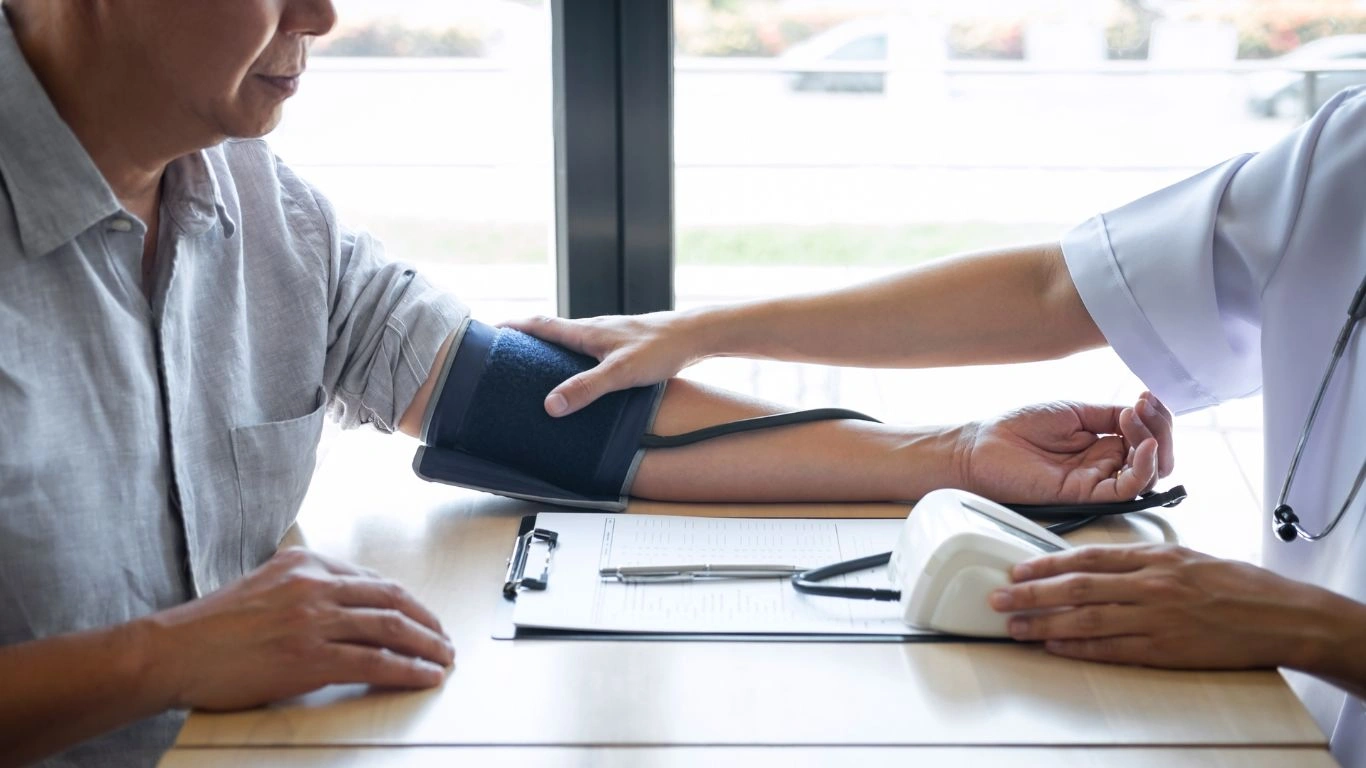
Okay, let’s talk meds—because sometimes, no matter how many salads you eat or deep breaths you take, your body needs a bit of pharmaceutical backup. And that’s totally okay. The goal isn’t to avoid medication forever; it’s to find the best approach that gives your heart a break.
In cases where both hypertension and high heart rate are issues, I often reach for beta-blockers or certain calcium channel blockers. These meds help slow down the heart rate while also easing blood pressure. But treatment really depends on the individual. I’ve had two patients with the same numbers and totally different treatment paths—because one had migraines and the other had asthma. Your whole medical picture matters.
And don’t get me started on “white coat syndrome.” Some people spike just walking into my office, which makes tracking at home so helpful. If we can rule out anxiety-related spikes, we can tailor treatment more precisely.
The Long Game: It’s All About Consistency
One thing I try to emphasize is that managing your heart rate and blood pressure isn’t about perfection—it’s about consistency. You don’t need to overhaul your life in a week. Start with one small change. Then another. And another. Before you know it, those little shifts become your new normal.
I’ve walked this path with so many patients, and the ones who do best aren’t the ones who go all in and burn out. They’re the ones who ask questions, stay curious, and make changes that actually fit their lifestyle. So yes, the connection between hypertension and high heart rate is serious—but it’s also manageable. And trust me, you’re not alone in this.
When to Seek Help: Recognizing Red Flags

Let’s get real for a moment—sometimes, despite our best efforts, things can take a turn. As someone who’s been in the trenches of internal medicine, I’ve seen firsthand how crucial it is to recognize when your body is waving a red flag. If you’re experiencing any of the following, it’s time to pick up the phone and call your healthcare provider:
- Persistent chest pain or discomfort that doesn’t go away with rest.
- Shortness of breath during activities that previously didn’t cause any issues.
- Dizziness or fainting spells, especially if they’re new or worsening.
- Heart palpitations that feel like your heart is racing, pounding, or fluttering.
- Severe headaches accompanied by blurred vision or confusion.
These symptoms aren’t just inconvenient—they could be indicative of serious conditions like arrhythmias, hypertensive crises, or even impending heart attacks. Don’t brush them off; your heart will thank you.
Integrating Technology: Monitoring Made Easy
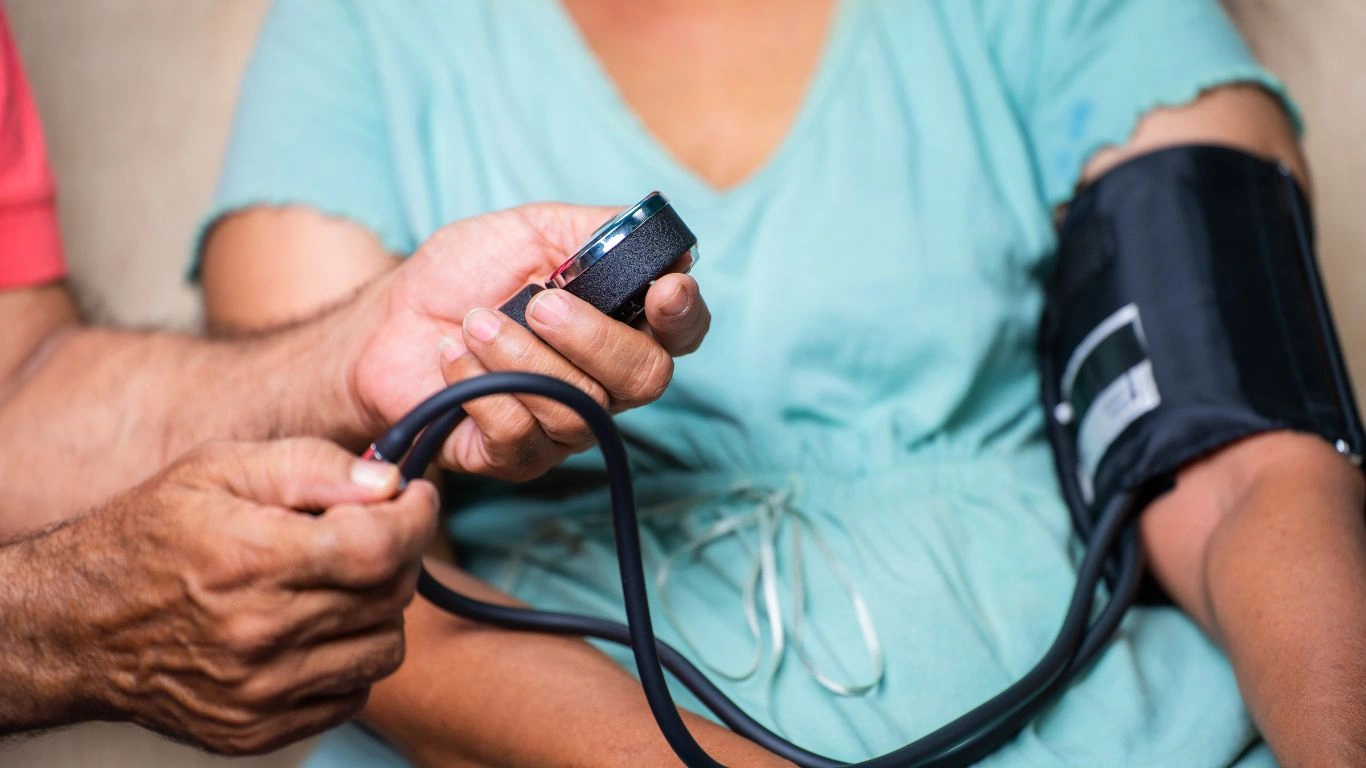
In today’s digital age, keeping tabs on your heart health has never been easier. Gone are the days of relying solely on sporadic doctor’s visits. Here’s how you can harness technology to stay ahead:
Smart Devices and Wearables
From smartwatches to fitness trackers, these gadgets can monitor your heart rate in real-time. Some even alert you to irregular rhythms or significant spikes. It’s like having a mini cardiologist on your wrist!
Home Blood Pressure Monitors
Investing in a reliable home BP monitor allows you to track your readings regularly. Look for devices that store data and can sync with your smartphone, making it easier to share information with your healthcare provider.
Mobile Health Apps
There are numerous apps designed to help you log your blood pressure, heart rate, and even symptoms. Some offer insights, trends, and reminders to take your readings or medications.
Remember, while technology is a fantastic tool, it’s not a replacement for professional medical advice. Always consult with your doctor about any concerns or irregularities you notice.
Empowering Yourself: Taking Control of Your Heart Health
Knowledge is power, and understanding the connection between hypertension and high heart rate equips you to make informed decisions. Here’s how you can take charge:
- Educate Yourself: Stay informed about your condition. The more you know, the better you can manage it.
- Maintain Regular Check-ups: Regular visits to your healthcare provider ensure that any changes are caught early.
- Adopt a Heart-Healthy Lifestyle: Incorporate balanced nutrition, regular exercise, and stress-reducing activities into your daily routine.
- Stay Consistent with Medications: If prescribed, take your medications as directed. Don’t skip doses or stop without consulting your doctor.
- Build a Support System: Share your journey with friends, family, or support groups. You’re not alone, and sharing experiences can be incredibly therapeutic.
As someone who’s walked alongside many patients on this journey, I can attest to the transformative power of proactive care. Small, consistent steps can lead to significant improvements in your heart health.
References
- Relationship of Tachycardia With High Blood Pressure
- Tachycardia – Symptoms and Causes
- The Effects of Hypertension on the Body
- Blood Pressure and Heart Rate: How They Interact
- Stress and High Blood Pressure: What’s the Connection?
Disclaimer
This article is intended for informational purposes only and does not constitute medical advice. Always consult with a qualified healthcare provider regarding any questions or concerns about your health. Individual conditions and responses to treatment can vary, and only a medical professional can provide personalized guidance.

Dr. Gwenna Aazee is a board-certified Internal Medicine Physician with a special focus on hypertension management, chronic disease prevention, and patient education. With years of experience in both clinical practice and medical writing, she’s passionate about turning evidence-based medicine into accessible, actionable advice. Through her work at Healthusias.com, Dr. Aazee empowers readers to take charge of their health with confidence and clarity. Off the clock, she enjoys deep dives into nutrition research, long walks with her rescue pup, and simplifying medical jargon one article at a time.





